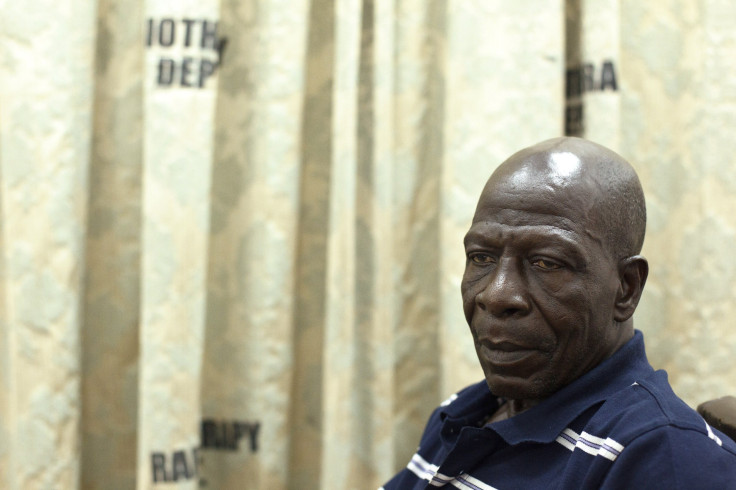New melanoma drugs offer hope for skin cancer patients

Health expert Dr. Miriam Stoppard has revealed that there are now drugs that can stop deadly skin cancer melanoma cells from dividing. Treatments such as immunotherapy and targeted therapy can help thousands of people diagnosed with skin cancer. However, people with a strong family history of melanoma, people with fair skin and with pigmented moles need to be extra cautious and must check their moles regularly.
In Australia, melanoma is the third most common cancer among women and fourth most common cancer among men. According to the Cancer Council Australia, skin cancers account for around 80 percent of all newly diagnosed cancers. Between 95 and 99 percent of the skin cancers are caused by exposure to the sun. Australia’s skin cancer rate is one of the highest in the world and two to three times the rates in the UK, US and Canada.
According to Stoppard, the good news is that most people can be cured by their initial surgery. Almost 90 percent of the melanoma sufferers survive five years following diagnosis in the UK. However, survival rates are poor in very advanced cases. Two developments in recent years have been most promising. Immunotherapy and targeted therapy have been effective in melanoma cases that have spread and cannot be removed with surgery.
Drugs such as dabrafenib and vemurafenib stop melanoma cells from dividing. Almost half of the melanomas have the cancer-causing BRAF gene mutation that causes uncontrolled growth of melanoma cells. Good news is 90 percent of the patients with BRAF melanoma respond rapidly to the two drugs. However, the improvement brought by these drugs last six to nine months and there are side-effects.
Combining two other new drugs result in greater improvement that using a single drug. Drug ipilimumab stimulates T-cells in body’s immune system that melanoma switches off. Ipilimumab attacks the melanoma cells by keeping the T-cells switched on. As per a Mirror.co.uk report, one in six patients respond to ipilimumab treatment and keep responding for a number of years.
Another drug type, monoclonal antibodies, not only destroys melanoma cells but also prevents recurrence and improves survival. However, there is still no definitive cure for patients who melanoma cells have spread to distant parts of the body.





















